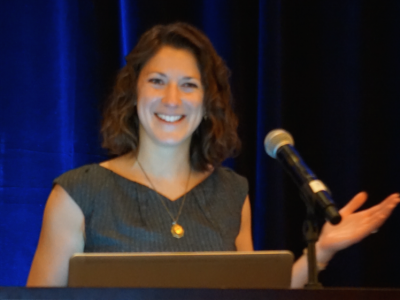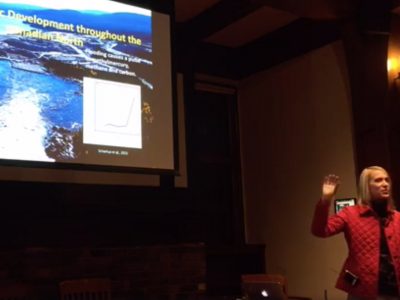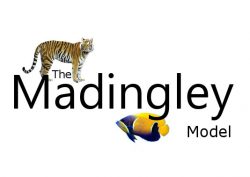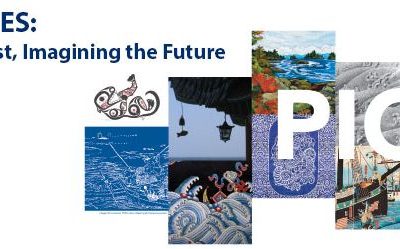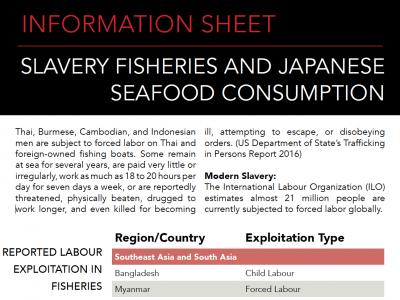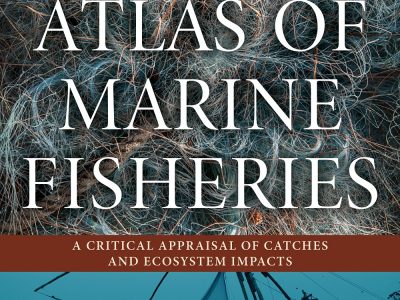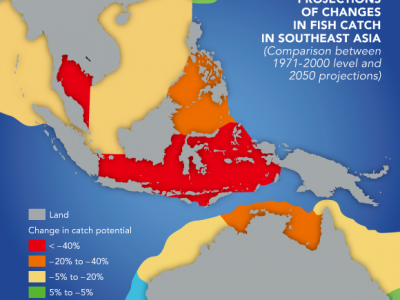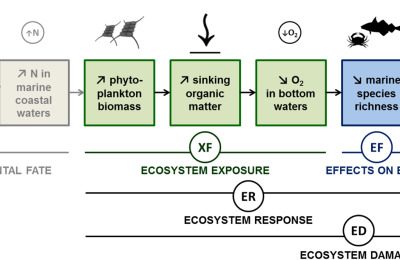Colleen Petrik wins PICES 2016 Science Board Best Presentation Award
Nereus Fellow at Princeton University Colleen Petrik won the Science Board Best Presentation Award at the North Pacific Marine Science Organization (PICES) annual meeting, held in San Diego, from November 2 to 11. She gave a plenary presentation on “The response of fisheries production to natural and anthropogenic forcing: past, present and future”, using the results of the model she developed with her Nereus research.



